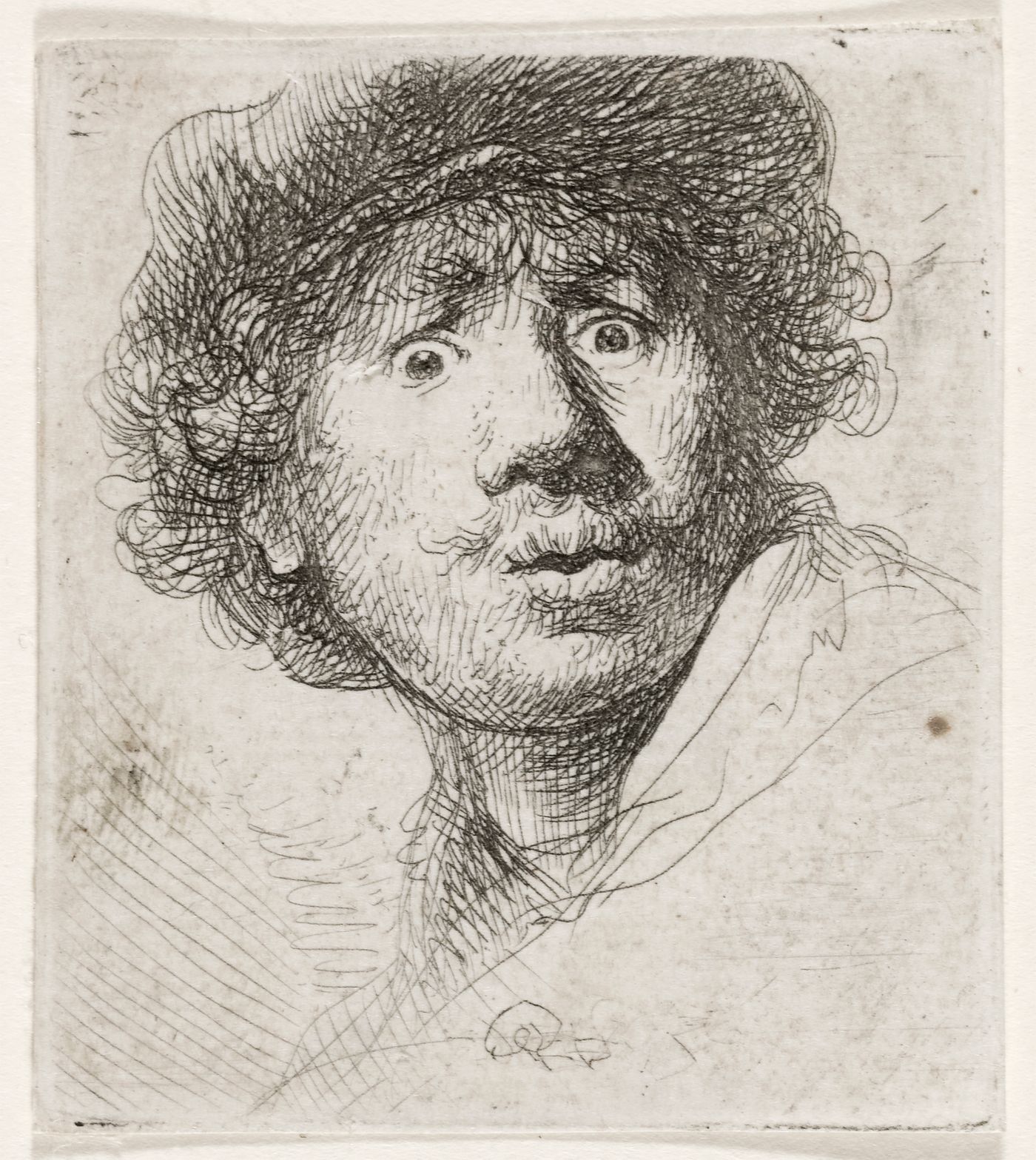Today is Rembrandt's birthday, read something related (but not so related)!

Today is Rembrandt's birthday (July 15, 1606).
Rembrandt was the greatest Dutch painter in the seventeenth century, but it is difficult for us to imagine today that Rembrandt has never seen The Smile of the Mona Lisa in his life, or even a single Da Vinci oil painting.
In fact, the great painters of the Renaissance era that we know today, their oil paintings and murals, may not have been seen by Rembrandt. The only way he had access to these paintings was through the copy prints made by the printmakers. Even Rembrandt, let alone ordinary people.
So the Europeans in the past, when they were fortunate enough to travel to Rome and Florence, and saw the great works of their predecessors, would really cry in front of the paintings. In contrast, even if we bought a plane ticket to Paris and entered the Louvre today, we only have 30 seconds to watch "Mona Lisa's Smile", not enough time to take a selfie, let alone cry. .
We must not underestimate the gap between the past and the present. This gap presents a great challenge for historians. Because even if a painting has been handed down, how do we know what kind of touch people will have when they look at this painting 200 years ago? Looking at that painting, what kind of social meaning will it affect?
A painting that is the same in the physical sense may be two completely different paintings in different social and cultural environments. So is the sound. The same voice, in different social and cultural environments, may be two completely different voices.
Historian Alain Corbin, in "Village Bells," attempts to face this challenge. He wondered: What did the French peasants hear when they heard the bell 200 years ago?
.
Listen to more in the Wardrobe Reader Podcast: 16. [History] The Hearing World of French Peasants in the 19th Century|Village Bells
🎵 Contents of this episode:
00:30 Does the senses have a history? How do historians study "sensory history"?
06:41 To what extent did French peasants in the nineteenth century love bells?
17:45 When the mayor hits the priest: fight for the bell, fight for the rope, fight for the key
25:27 On the day of the liberation of Paris, Simone de Beauvoir only wrote bells
📖 The book in this episode: The Bells of the Earth (2003), translated by Wang Bin. Guilin City: Guangxi Normal University Press.
Like my work? Don't forget to support and clap, let me know that you are with me on the road of creation. Keep this enthusiasm together!
